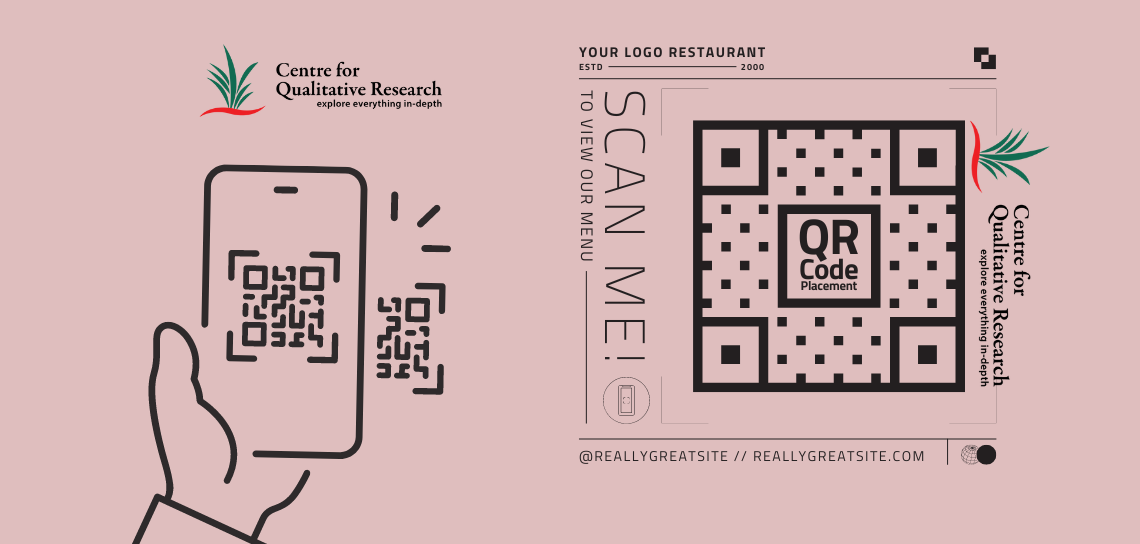Humanitarian aid and actions are designed to save lives, alleviate suffering and defend human dignity in artificial crises and natural disasters. Besides, preparedness for these types of events and improvement of resilience are also generally accepted as humanitarian aid.
Before proceeding forward, it is safe to clear out the gray zone among the terms like hazard, disaster, risks, and vulnerability.
Hazard is mainly a natural thing that we cannot control. These are the events or causes like cyclones or earthquakes etc. Vulnerability is the weakness of a system that a hazard can exploit. Risk is the multiplied value of Hazard and Vulnerability. Disaster is the impact of management capacity on the risks. Since we can not control hazards, we need to reduce vulnerabilities and increase management capacities to reduce disasters eventually.
As equations, we can say,
Risk = Hazard x Vulnerability
Disaster = Hazard x Vulnerability / Management Capacity.
The core principles of humanitarian aid are humanity, impartiality, neutrality, and independence.
Humanity means protecting human lives and lessening suffering. Impartiality indicates acting exclusively based on need, beyond discrimination between or within impacted populations. Neutrality means working without supporting any side in an armed conflict or another clash where such action is carried out. Sometimes, people mess up ‘neutrality’ with ‘impartiality.’ The term ‘neutrality’ is more abstract than the term ‘impartiality.’
On the other hand, the term ‘impartiality’ is more personal than the term ‘neutrality’. Independence is the autonomy of humanitarian objectives from the political, economic, military or other objectives that any actor may hold with regard to areas where humanitarian action is being employed. Nowadays, voluntary services, unity and universality are also considered newer principles of humanitarian response.
In order to improve the quality and effectiveness of assistance provided by organizations and individuals involved in humanitarian response, the Core Humanitarian Standard (CHS) on quality and accountability is a globally recognized voluntary standard. It set out nine commitments for the organizations and individuals involved in humanitarian response. Those commitments can be used to improve the quality and effectiveness of assistance offered.
When emergencies happen, synchronization in the works of many entities is essential. Good coordination means less gaps and overlaps in the support delivered by humanitarian organizations.
United Nations General Assembly plotted the foundations of the international humanitarian coordination system on December 1991. Later, in 2005, the UN reformed the system and to increase predictability, accountability and partnership, the UN has introduced several new elements.
One such new element was the Cluster Approach. Clustering of humanitarian organizations in the various core sectors of humanitarian action, for example water, health and logistics, is made up of both UN and non-UN organizations. They are designated by the Inter-Agency Standing Committee (IASC) and have farm duties for coordination.
UN also built up UN Office for the Coordination (OCHA) which is responsible for bringing together humanitarian actors to warrant a coherent response to emergencies. OCHA also works to make sure that, there is a framework within which each actor which can contribute to the complete response effort.









